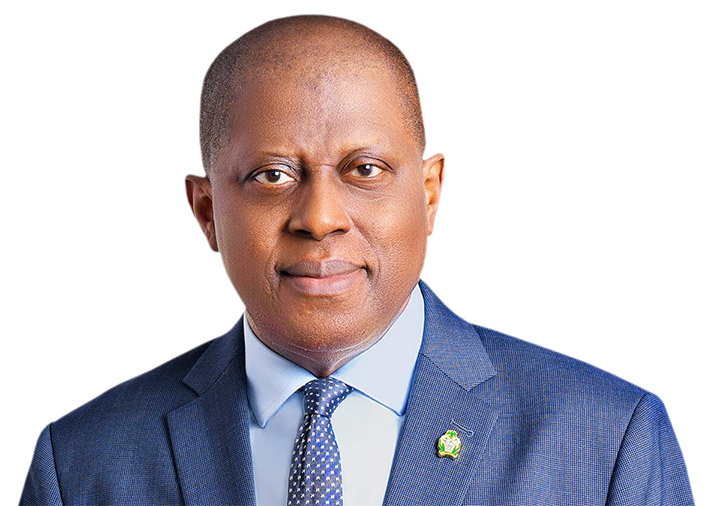Data centre operators in Nigeria are facing severe challenges due to a prolonged forex crisis, jeopardizing substantial investments made in building these facilities.
Industry experts have expressed growing concerns over the difficulty of securing additional funding as operators struggle to yield returns amid escalating exchange rate instability.
The situation is compounded by Nigerian banks’ reluctance to invest in this sector, forcing operators to seek foreign investors. Local banks are reportedly unwilling to commit to the long-term investments necessary for data centre operations.
In addition to ongoing challenges like power shortages and infrastructure deficits, currency instability has emerged as the most significant issue for data centre operators.
CEO of Digital Realty Nigeria,Engr. Ikechukwu Nnamani, a leading data centre company, explains that approximately 90 per cent of the capital needed for constructing a new data centre is in foreign currency due to the lack of locally available equipment.
Nnamani illustrates the impact of the forex crisis, “If you price your service based on an exchange rate of N1500/$1, charging $500 for your service in Naira, and the Naira depreciates to N2000, your service price effectively drops to $300. This undermines the investment basis not due to market conditions or business metrics, but purely because of currency devaluation, which operators cannot control.”
Beyond the risk to foreign investments, Nnamani warned of significant issues for data centre operators relying on local funding: “Local players may face major difficulties or already be in trouble.”
MDXi, the Nigerian data centre arm of Equinix, also highlighted the negative effects of Naira instability, noting increased costs for diesel, installation, maintenance, and equipment replacement.
General manager of Data Centre Operations, West Africa at MainOne, an Equinix Company, Innocent Itsukwi, reported a 200 per cent rise in data centre operating expenses due to surging energy costs. Despite these challenges, the industry has maintained high service quality and has not received government concessions or support.
Nnamani emphasised that foreign funding remains crucial, “Long-term funding is essential, with investors willing to wait five to ten years for returns. Nigerian banks’ preference for quicker returns is unsustainable for this market.”
Despite a recent increase in data centres, Nigeria’s capacity remains low compared to its population and data generation needs. According to DC Byte, Nigeria ranks second in Africa for total data centre capacity at 145 MW, but lags behind South Africa’s 408 MW.
CEO of Open Access Data Centre (OADC), Dr. Ayotunde Coker, revealed plans for an additional 24 megawatts in two stages. Digital Realty has announced a 10-megawatt expansion, while Airtel has begun construction on a 34MW data centre in Lagos. MTN Nigeria has also unveiled plans for a 1,500-rack Tier 4 data centre.
However, ongoing forex instability threatens the completion of these projects. Nigeria’s National Digital Economy Policy and Strategy (NDEPS 2020-2030) aims for a fully digitised economy by 2030, with all government services available online. This vision requires robust data centres to support growing demands from businesses and fintech startups, which often host their data abroad due to concerns about local reliability and scalability.





